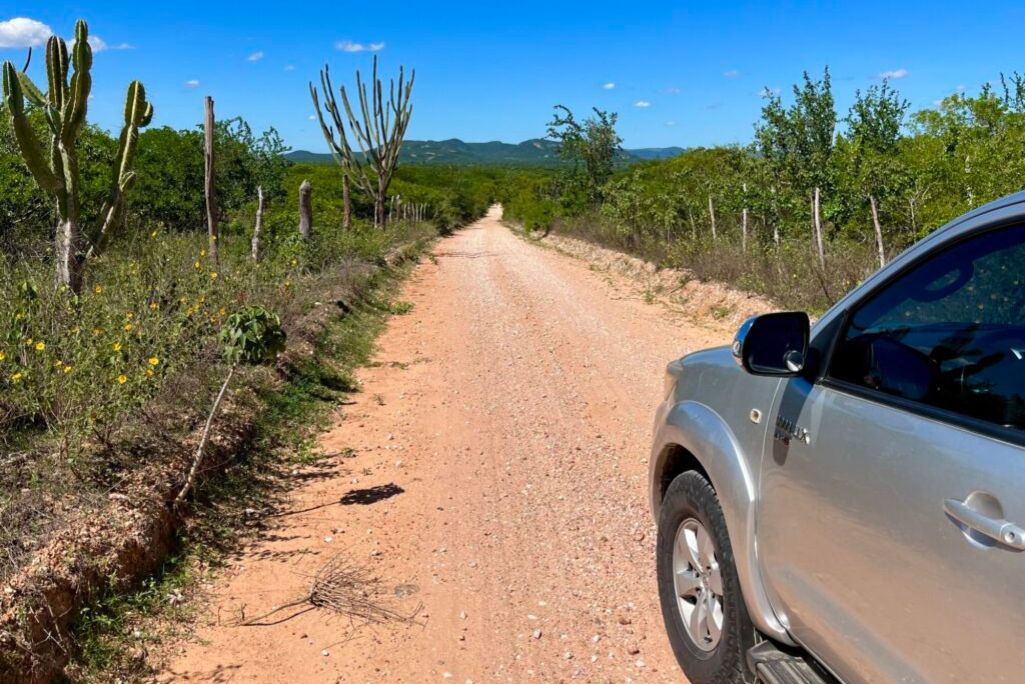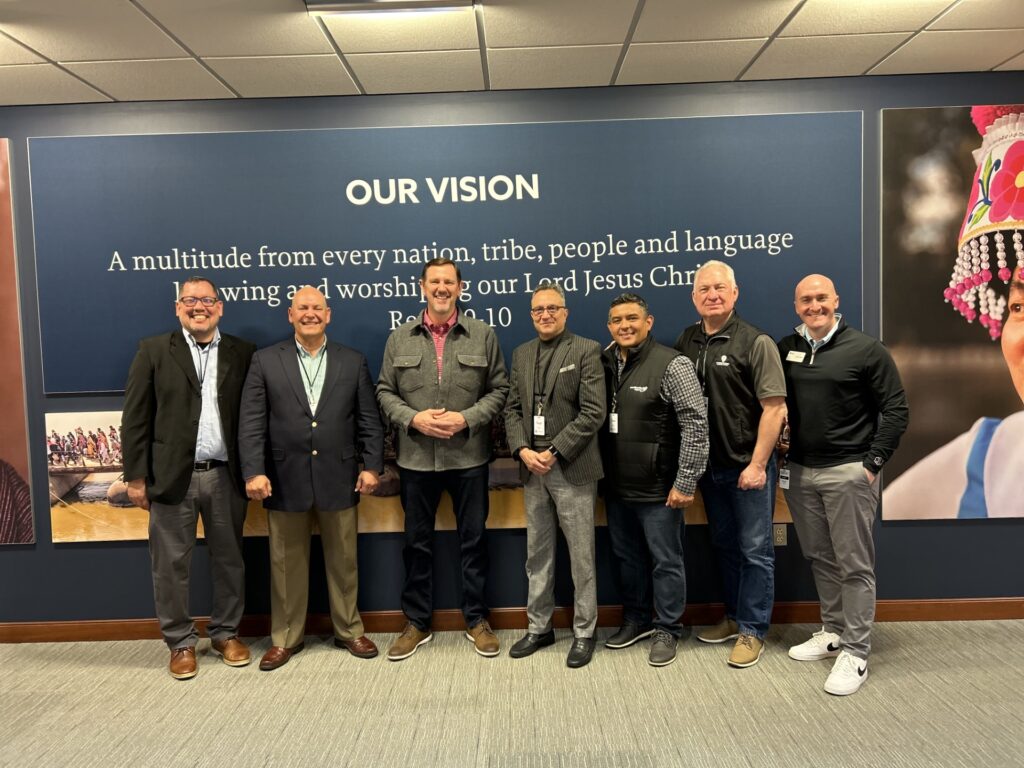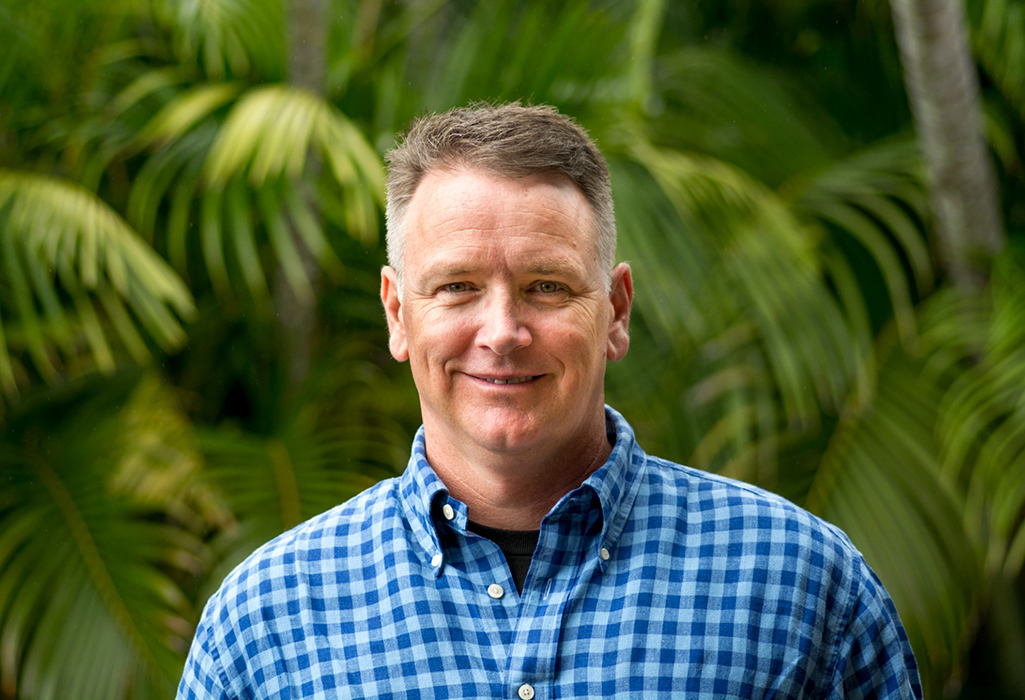
Mitchell drives into remote areas of Northeast Brazil where he meets with tribe members.
After rejecting the gospel for many years, members of a Northeastern Brazilian tribe have finally seen spiritual growth. The result of following Jesus is the persecution they now endure.
International Mission Board (IMB) missionaries Mitchell and Liz Heinz have worked with an unreached tribe since 2012. They are a group of nearly 4,000 Indigenous subsistence farmers living in 14 villages scattered over a 30,000-acre reservation.
Over the past 12 years, Mitchell and Liz have visited their villages regularly, developing relationships with families and sharing the gospel using Chronological Bible Storying. The people have been friendly and accepting of them and their ministry partners but unwilling to make professions of faith in Christ.
The main obstacle has been threats from the tribal leadership, who prohibit the people from converting.
“We learned that the tribal leadership was watching us and monitoring everything we were doing,” Mitchell said. “We found out that, after we would leave the villages, the leaders would interrogate the families about what we had said and done and then warn them not to receive us in their homes or listen to our teachings anymore.”
On one occasion, a shaman in the tribe was trying to get Mitchell and Liz kicked out of the reservation and threatening families who were open to learning about the gospel.
In 2014, the Heinzes met Mara, the only evangelical Christian in the tribe at the time. She previously lived in São Paulo and learned about the gospel there. She was constantly being persecuted for her faith, yet she persevered.
“We spent a lot of time with Mara and observed that, although she had converted in a church with questionable theology and doctrine, she seemed to be genuinely trusting in Jesus and obeying the gospel,” Mitchell said.
Just like Apollos in Acts 18:26, Mara learned “more accurately” about the Christian faith and opened many doors for the team to share the gospel with other families in neighboring villages.
The first couple Mara introduced to the missionaries was her sister Mor and her husband, Osvaldo. Eventually, Mor and Osvaldo started inviting them to teach the Word in their home. They would sit in the shade of a giant cashew tree, and Mitchell would tell Bible stories and allow them to ask questions and interact with the Word.
Nearly every week for two years, Mor and Osvaldo would invite Mara and other family members and friends over to study the Scriptures together. They would listen to Bible story after Bible story, and they didn’t seem to get tired of it.
“Their hunger for the Word was increasing every week, so we just kept on teaching it,” Mitchell said.
Mor and Osvaldo’s house was a natural gathering place in the village where family members, friends, neighbors and even tribal leaders would show up and have a cup of coffee. It was the perfect place to start an indigenous church.
Warnings from tribal leadership were issued to the family on several occasions, but they were not deterred. Eventually, Mor and Osvaldo and several other family members made professions of faith in Christ.
Over time, other members of the tribe became Christians, and in 2022, they formed the first indigenous church in the history of their tribe. They continue to meet for Bible study and prayer twice a week.
For the past two years, Sue, an important leader in the tribe, has been persecuting Leo and Lou Ann, a married couple who are new members of the church. Because of her influence, they lost their jobs as teachers in the school in their village. Sue got them fired simply because they are Christians.
In May, Sue’s oldest son went missing for two weeks. She was afraid he was dead.
The church was having a prayer meeting when they heard about Sue’s missing son. Leo, who lost his job because of Sue’s influence, proposed that the believers go to her house and pray.
They walked over to Sue’s house and said, “We heard your son is missing, and we want to pray for you.” Emotional, she allowed them into her home and listened as they prayed for the safe return of her son. She could never have imagined that the believers she had persecuted would treat her with such love and concern.
The next morning, Sue’s son came home. God showed her His mercy through the lives of the believers. Since this miraculous experience, Sue’s disposition toward the believers has changed. She has stopped persecuting the church and has since been open to hearing the Good News of Jesus.
The church continues to grow and see the Lord working. The growth is slow, but new believers are being baptized, and the church is always looking to make more disciples.
Mitchell and Liz have recently “passed the baton” of this ministry to their national partners, and they have moved further north to engage other Unengaged Unreached People Groups (UUPG).
“There’s more openness now toward the gospel than there was when Liz and I started working with the group 12 years ago,” Mitchell said.
With openness to the gospel comes spiritual growth, which usually brings persecution. Thankfully, God has blessed the Christians of this tribe and helped them withstand the persecution and grow in their faith.
*Names have been changed for security.


